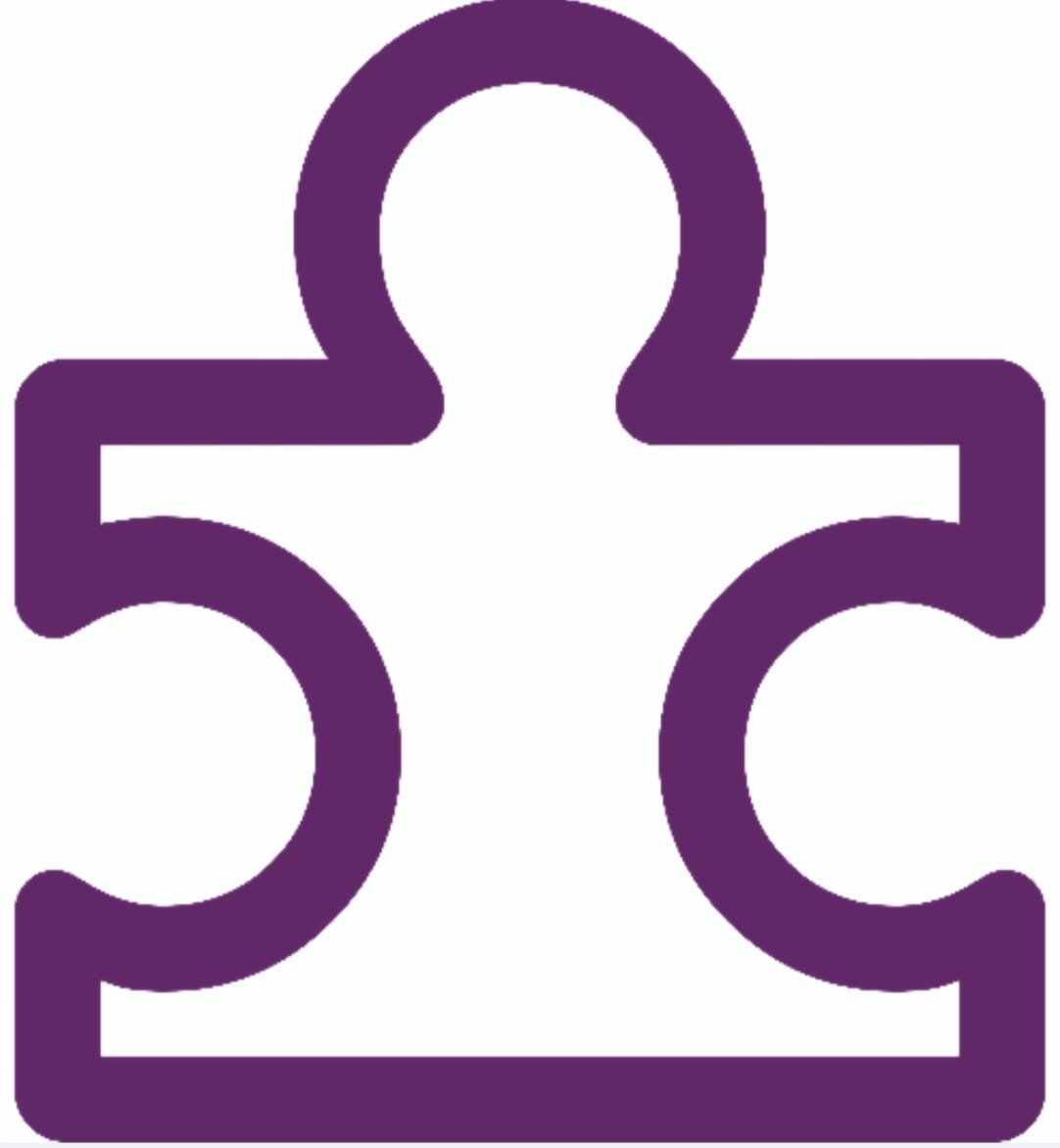Now offering limited clinic sessions in Deakin, once per week. Please express interest on the enquiry form.
Canberra Kids OT
Helping children build skills, confidence and independence in everyday life
Canberra Kids OT provides therapy where your child lives, learns and plays.
Led by experienced Occupational Therapist Nicole Darcy, Canberra Kids OT is a mobile, family-centred service supporting babies and children (0–18 years) across the Canberra region.
Nicole specialises in supporting children with developmental delays, physical disabilities and a range of neurological and congenital conditions, working closely with families to support each child’s development.
Nicole also provides support for new parents who are navigating sleep difficulties with their little ones.
As a mobile service, therapy takes place in real-life environments — your home, childcare, school, or via telehealth. Working in familiar settings helps therapy fit naturally into children’s everyday routines and relationships, making it more meaningful and easier for your child to build confidence, strengthen important skills and participate more fully in daily life.
How Canberra Kids OT can help
Canberra Kids OT supports babies, children and young people with a range of needs, including:
Babies born prematurely or with complex medical or developmental needs
Neurological conditions such as cerebral palsy
Physical disabilities
Congenital or genetic conditions such as Down Syndrome or Angelman syndrome
Developmental delays or Global Developmental Delay
Infant sleep support
Nicole also provides support for families experiencing sleep challenges with their little ones, consistent with the Possums Neuroprotective Developmental Care approach.
Learn more about how Nicole can help.
Therapy services offered
Canberra Kids OT provides occupational therapy support based on your child’s unique needs, strengths, goals and daily routines.
Functional Capacity Assessments
A comprehensive review of your child’s strengths and needs in everyday activities—such as mobility, communication and self-care—to shape therapy and support NDIS funding applications.
Upper limb therapy
If your child has hemiplegic cerebral palsy, then specialised supports—such as Modified Constraint-Induced Movement Therapy (mCIMT) and bimanual therapy can help your child learn bimanual (two-handed) skills for daily function.
Assistive technology
Assistive technology and specialised equipment prescription to support your child’s safety, comfort and independence at home and in the community.
Play and early learning skills
Support to help your child build the foundational play skills for learning, communication and social interactions.
Fine motor and handwriting
Support to build hand strength and coordination for pencil tasks—writing, drawing—scissor skills and managing clothing fasteners like buttons and zippers.
Self care and daily routines
Support with your child’s independence in dressing, feeding, toileting and other daily routines to support your child’s independence at home and in the community.
CO-OP Approach: Cognitive strategies for everyday tasks
Support to develop motor-based skills for meaningful daily tasks—such as handwriting, dressing tasks, or learning to skip—using the CO-OP approach, which teaches children cognitive strategies to plan, problem-solve and build confidence and independence.
Home programs
Home programs with practical strategies are provided as part of your child’s overall therapy plan, helping you support their progress in everyday routines and maintain consistency across home and educational settings.
Infant sleep support
For families seeking help with sleep disturbances in the first year of life and as their child grows, Nicole provides infant sleep support using the Possums Neuroprotective Developmental Care (NDC) approach.
Learn more about infant sleep support











